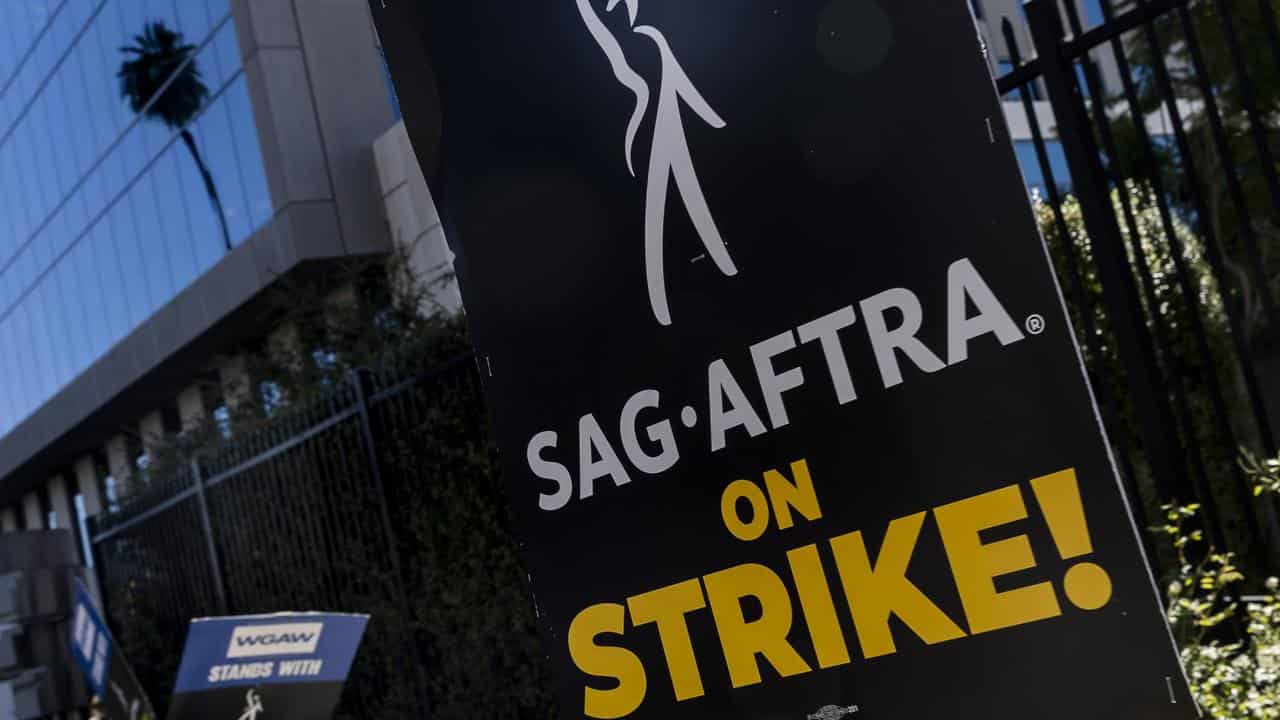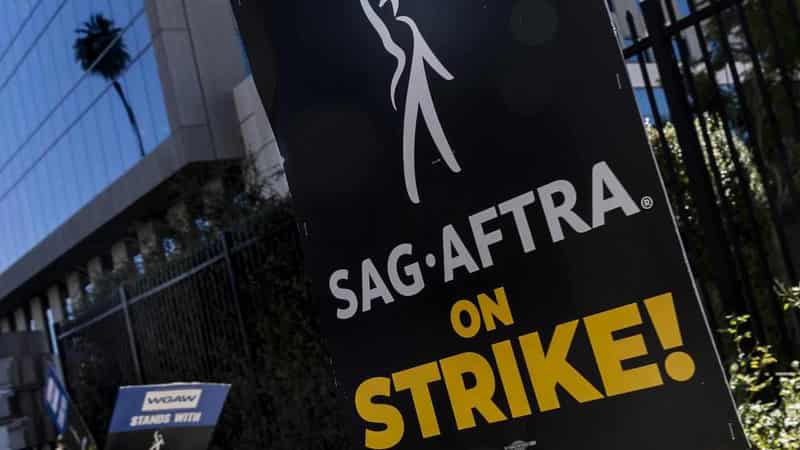
Talks have bitterly brokn off between Hollywood actors and studios, killing any hopes the three-month strike by performers would come to an end anytime soon.
The studios announced on Wednesday they had suspended contract negotiations, saying the gap between the two sides was too great to make continuing worth it, despite an offer they said was as good as the one that recently ended the writers strike.
The actors union decried their opponents' “bullying tactics” and said they were wildly mischaracterising their offers.
“We made big moves in their direction that have just been ignored and not responded to,” Duncan Crabtree-Ireland, the national executive director and chief negotiator for the Screen Actors Guild-American Federation of Television and Radio Artists had resumed negotiations, told The Associated Press on a Los Angeles picket line Thursday.
“We’re not going to find a solution to this if they just leave and don’t talk to us."
On October 2, for the first time since the strike began July 14, SAG-AFTRA had resumed negotiations with the Alliance of Motion Picture and Television Producers, which represents studios, streaming services and production companies in strike talks.
When negotiations resumed with writers last month, their strike ended five days later, but similar progress was not made with the actors union.
The studios walked away from talks after seeing the actors' most recent proposal on Wednesday.
“It is clear that the gap between the AMPTP and SAG-AFTRA is too great, and conversations are no longer moving us in a productive direction,” the AMPTP said in a statement.
The SAG-AFTRA proposal would cost companies an additional $US800 million ($A1.3 billion) a year and create “an untenable economic burden,” the statement said.
In a letter to members sent early Thursday, SAG-AFTRA said that figure was overestimated by 60 per cent.
"We went into those rooms with our own open mind and a goal of establishing a dialogue with those CEOs. We were very happy they were there because here are ultimate decision-makers who have the power to say yes," Crabtree-Ireland said.
“We gave them a full set of counterproposals yesterday. We made changes to our AI proposal. We made dramatic changes to what used to be our streaming revenue share proposal. We took it out of revenue share completely at their insistence.”
The union said its negotiators were “profoundly disappointed” the studios had broken off talks.
“We have negotiated with them in good faith,” the letter read, “despite the fact that last week they presented an offer that was, shockingly, worth less than they proposed before the strike began".
Actors have been on strike over issues including increases in pay for streaming programming and control of the use of their images generated by artificial intelligence.









